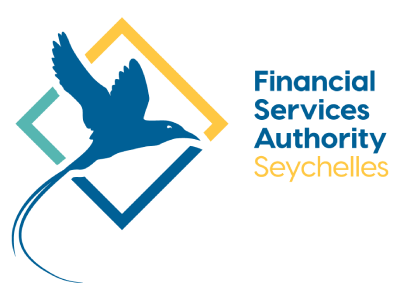The Financial Services Authority of Seychelles (“FSA”) is issuing a notice to its investors, licensees and members of the general public to the website "Online CFD Trading | Forex & CFD Broker | 𝐆𝐢𝐚𝐧𝐭 𝐏𝐢𝐩𝐬™". The Authority takes note that the website refers to a company named Giant Pips Ltd claiming to be authorized and regulated by the Seychelles Financial Services Authority under license number SD050. Please be advised that the entity is not known, does not hold a valid license nor is it regulated by the FSA in any capacity and the website is not linked to any entity licensed or regulated by the FSA in any capacity.
The Authority urges investors and members of the general public to conduct adequate research on an entity, service provider(s), and representative prior to engaging in any business activities and/or performing any transactions involving money exchanges or exchanges of personal details. The FSA reminds the public that the Authority shall not be liable should persons continue to engage or maintain client relationship or make use of services provided with or by the aforementioned website.
